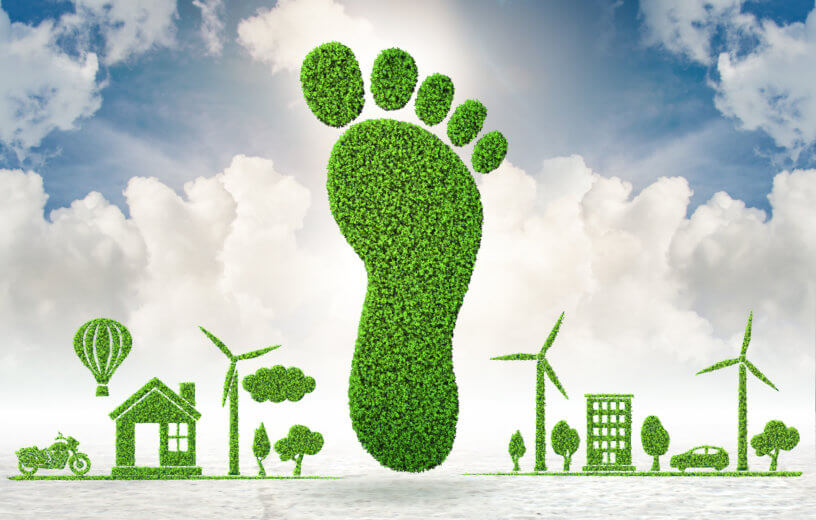NEW YORK — As we all prepare to turn the page and look toward a better year in 2021, a new survey finds many Americans believe cleaner and greener days are in store for our planet. Among 2,000 U.S. adults, 59 percent believe society will be “completely environmentally friendly” by the year 2042.
Importantly, 77 percent add the caveat that it will only be possible to save our planet if we all work together.
So, what exactly do respondents mean by completely environmentally friendly? The top answers to that question include a tie between producing zero waste and running completely on renewable energy (57%). Others consider complete environmental success to be a ban on single-use plastics (52%), most people giving up their cars for bikes or walking (39%), or the world going completely carbon-neutral (37%). Some Americans also want to see everyone adopt a more plant-based diet (32%) and see solar panels on every home (24%).
The survey, put together by Cool Effect, also reveals that 70 percent of respondents believe climate change is the single biggest threat facing humanity today. With that in mind, it shouldn’t be all that surprising that many Americans say they’ve already decided to take action to help battle climate change.
Would you give up your job or home for environmentally friendly options?
A third of the poll have already switched jobs or careers to work for a more environmentally friendly company. Another 68 percent already have, or would be willing, to pack up and move to a more sustainable city or state, particularly an area with more public transit options and use of green energy.
Notably, this research also shows a concerning lack of understanding among Americans when it comes to carbon emissions and personal carbon footprints. While three in four people say it’s important to be aware of one’s personal carbon footprint, only 36 percent actually know what theirs is.
People have shrugged off personal environmental responsibility for decades by claiming insignificance. This is, of course, a flawed way of looking at things as every person is capable of making a difference. Troublingly, 54 percent of respondents shared this very sentiment; saying they feel their carbon footprint is too small to impact climate change.
Close to 70 percent of Americans are familiar with carbon offsets, but only a quarter (26%) have actually bought one.
“We often hear from consumers that their individual efforts are too small to make a difference, but that’s simply not true! Individuals are also employees and consumers. A single action can have global impact, and our collective efforts will propel the reduction of carbon emissions,” says Cool Effect Vice President of Marketing and Partnerships Jodi Manning in a statement.
Going green doesn’t have to cost so much green
According to the United States Department of Energy, the average American emits roughly 17 tons of carbon per year. When asked about this, respondents wrongly guessed that Americans only emit 11.4 tons annually.
The average respondent also believes it would cost $207.79 to offset just one person’s annual carbon footprint. The team at Cool Effect says it doesn’t have to be that costly.
“We pride ourselves in providing consumers both the knowledge and resources to take action. Through our platform, the cost to offset an individual’s yearly footprint is significantly lower than people expect, at $138.94, or one tonne can be purchased for as little as $3.57,” explains Cool Effect co-founder Dee Lawrence. “It’s clear that there is still a gap in knowledge about carbon emissions and there is still significant work to be done in the fight against climate change. The important thing is to do what you can to help the planet. You do matter!”
The survey was conducted by OnePoll.
